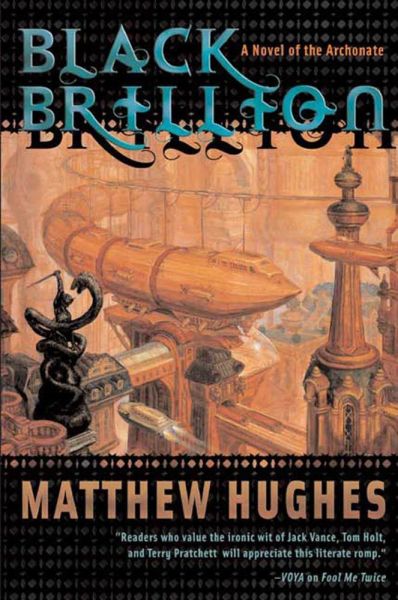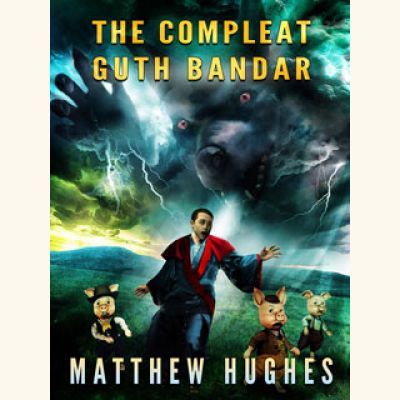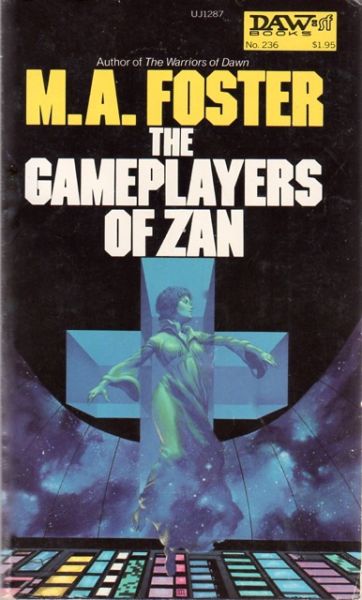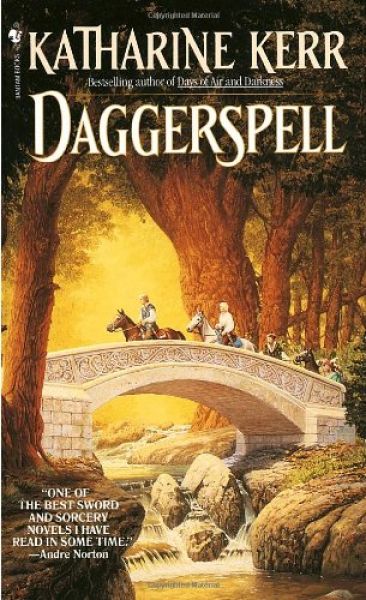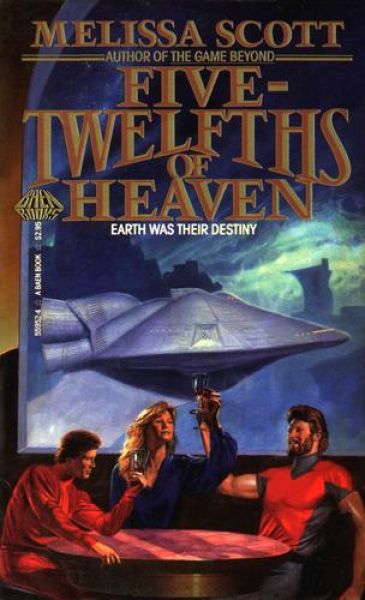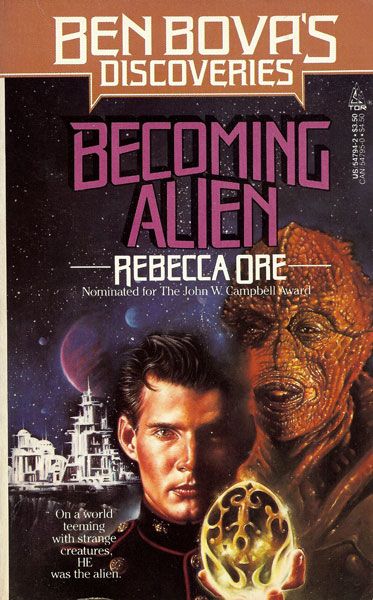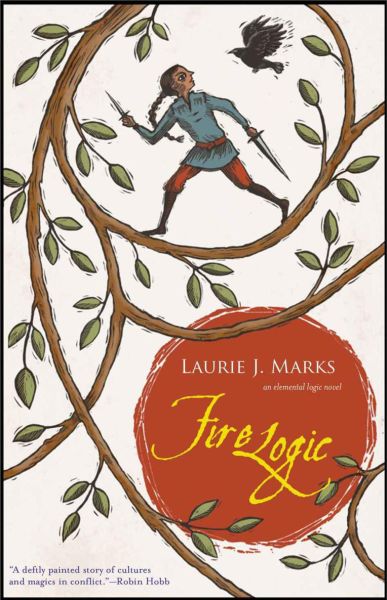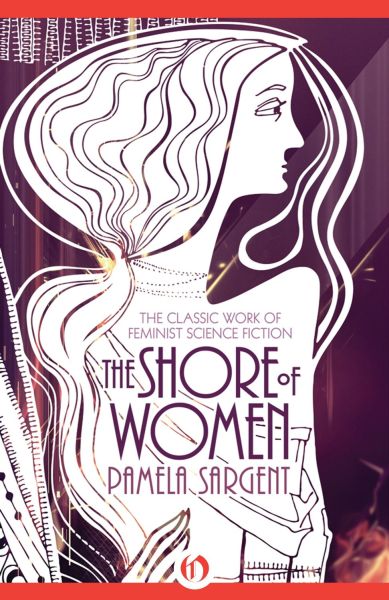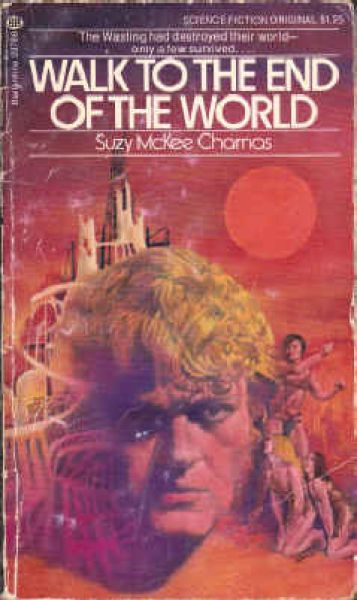Are peace and pacifistic attitudes now passé?
The City, Not Long After
By Pat Murphy
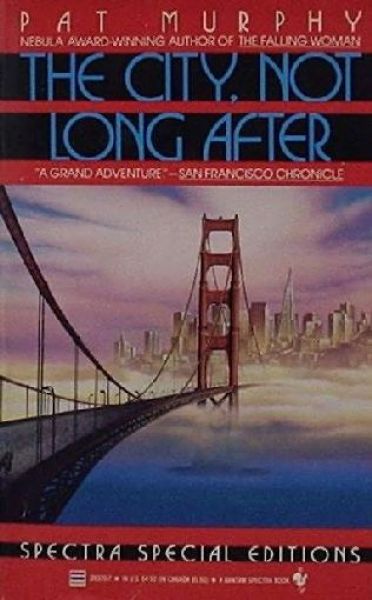
3 Mar, 2015
Rediscovery
0 comments
Pat Murphy’s 1989 novel The City, Not Long After exists in the intersection between two subgenres, the post-apocalyptic story and the nonviolent resistance story. There are far more post-apocalyptic stories than stories about nonviolent resistance. That’s because Everything Blew Up and Then Fell Down is a hell of a lot easier to write than stories where the protagonists are not allowed to solve social problems with cathartic violence [1]. Also, if you do write about nonviolent resistance, you will only enrage Gregory Benford and Charles Platt.
This is the sort of subgenre that almost compels spoilers and so, SPOILER WARNING.
